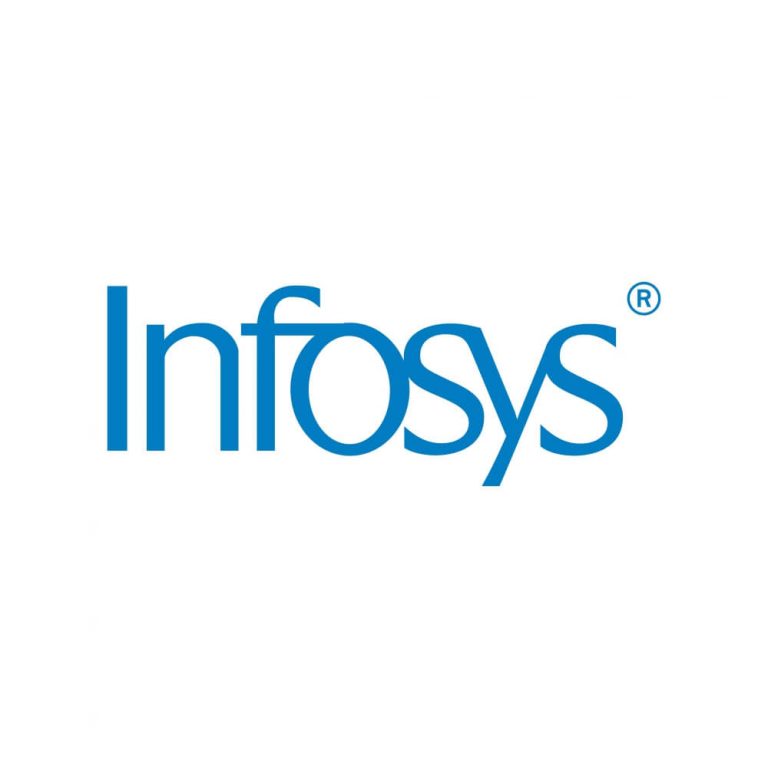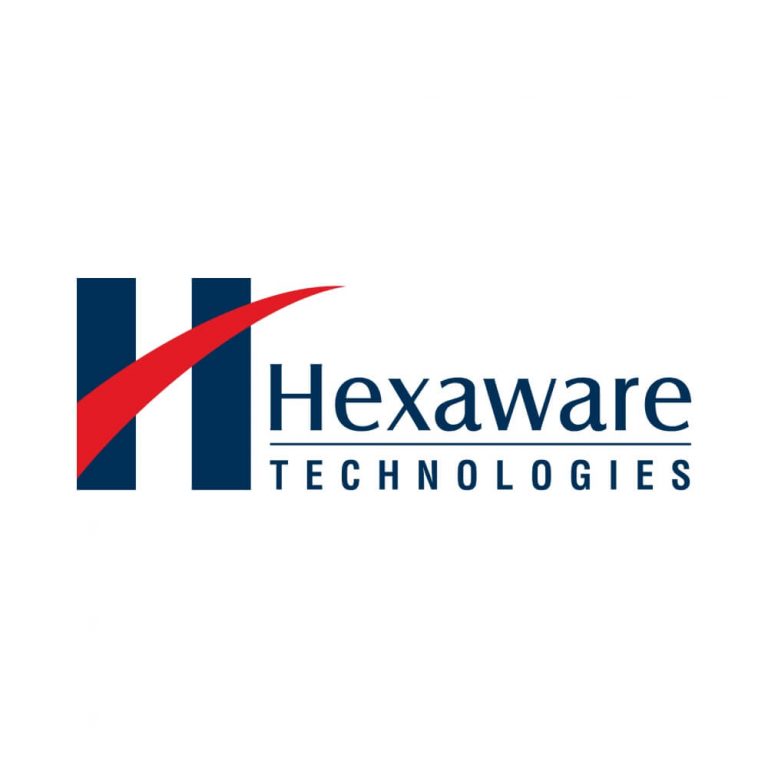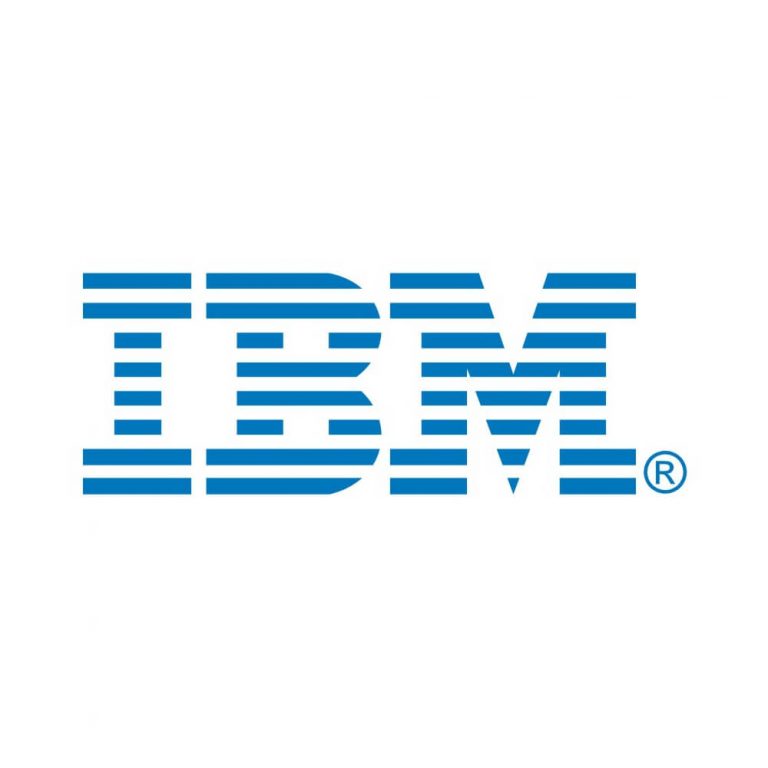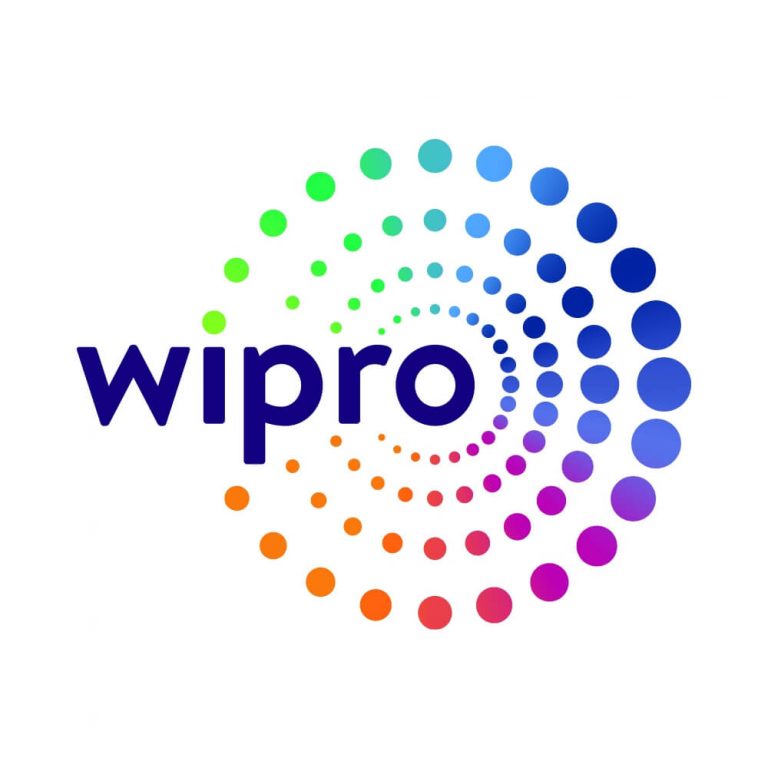What is the DBMS (Database Management System)?
A database management system (DBMS) is a software application that helps us interacts with the user, applications, and the database itself to get and analyze the data stored in the system. DBMS helps us to design the definition, creation, querying, update, and administration of databases.
Database management is the approach of storing the data in various types of databases such as a relational database, object-oriented database, and distributed databases.Database management system is the backbone of websites, application, software.

You may find other institutes which provides database management system courses although our database management coursegoes beyond creating the simple SQL queries and help you learn concepts such as views, constraints, and triggers. Our course offers you superior knowledge about the database management with all relevant details on SQL Programming concepts and practical examples to maintain data in various forms in the object-oriented database, distributed database etc.
What kind of career jobs you will get after completing all essential database management courses?
1. Database Manager Jobs.
2.Oracle Admin Jobs.
3.IBM Database Jobs
4. Microsoft SQL Server DBA Jobs.
5. Database Administration Jobs.
6.MySQL Admin Jobs.
Database Management System Course Content:
- Introduction to RDBMS
- Introduction to Database Systems
- File – Based Systems
- Database Management Systems
- DBMS Architecture
- DBMS Architecture
- Functions of DBMS
- Database System Structure
- Types of Databases
- Hierarchical Databases
- Network Databases
- Relational Databases
- Object Oriented Databases
- Introduction to Data Modeling
- Database Design Process
- Entity – Relationship Model (E –R Model)
- Mapping Cardinalities
- E-R Model
- Relational Data Model
- Converting ER Diagram to Relational Database Design
- Normalization
- Description of Normalization
- Role of Normalization
- Boyce-Codd Normal Form (BCNF)
- Introduction to SQL
- What is SQL?
- SQL Process
- SQL – Data Types
- Database Query Languages
- SQL – Commands
- SQL – Operators
SQL – Expressions - Functions
- Relational Database Systems – An Introduction
- Planning the Installation and Installing SQL Server
- Foundations of T-SQL
- T-SQL 2008 New Features
- Tools of the Trade
- Procedural Code and CASE Expressions
- User-Defined Functions
- Stored Procedures
- Triggers
- Common Table Expressions and Windowing Functions
- XML
- XQuery and XPath
- Catalog Views and Dynamic Management Views
- SQL CLR Programming
- .NET Client Programming
- ADO.NET
- The .NET SQL Client
- Connected Data Access
- Disconnected Datasets
- Parameterized Queries
- Nonquery, Scalar, and XML Querying
- Data Services
- Introducing HTTP Endpoints
- Consuming HTTP Endpoints
- Web Services
- ADO.NET Data Services
- Creating an ADO.NET Data Service
- Creating an ADO.NET Data Service Consumer
- New T-SQL Features
- Enabling FILESTREAM Support
- Error Handling and Dynamic SQL
- Legacy Error Handling
- SSMS Integrated Debugger
- Client-Side Parameterization
- Performance Tuning
- SQL Server Storage
- Files and Filegroups
- Space Allocation
Duration: 48 Hours
Certification: MCSA: SQL Server certification Paper numbers: 461, 462, 463
Register to Enroll for database management system course, as well as other courses like Big data Hadoop, Cloud Computing.









